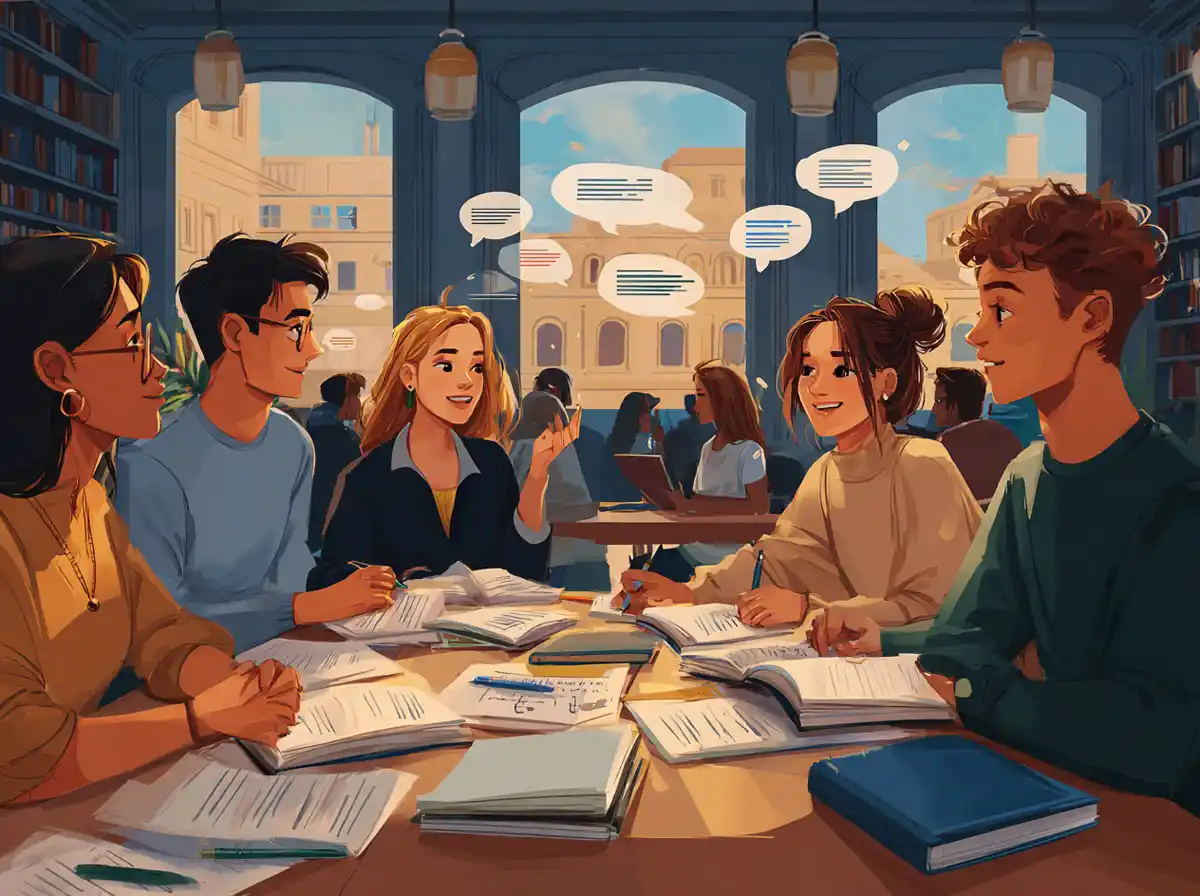Understanding Irregular Plurals in Dutch
In Dutch, most nouns form their plural by adding -en or -s to the singular form. However, there are exceptions that do not follow these standard rules and are termed as having irregular plurals. These irregularities can arise due to historical spelling changes, vowel shifts, or simply as remnants of older Dutch usage that have persisted into modern language.
An interesting case is the word water (water), which in its plural form becomes wateren. This might seem odd to an English speaker since “waters” is rarely used unless talking about different bodies of water. In Dutch, however, wateren can be used to refer to various types of waters or instances of water in different contexts.
De boer gebruikt de wateren voor irrigatie. (The farmer uses the waters for irrigation.)
Common Irregular Plural Forms
Let’s explore some common nouns with irregular plural forms and see how they are used in sentences:
1. Blad – leaf turns into bladeren – leaves.
In de herfst vallen de bladeren van de bomen. (In autumn, the leaves fall from the trees.)
2. Ei – egg becomes eieren – eggs.
We hebben meer eieren nodig om de cake te bakken. (We need more eggs to bake the cake.)
3. Kind – child changes to kinderen – children.
De kinderen spelen in het park. (The children are playing in the park.)
4. Man – man turns into mannen – men.
De mannen werken samen aan het project. (The men are working together on the project.)
Rarer Irregular Plurals
Some Dutch nouns have even rarer irregular plural forms, often preserved from older Dutch or influenced by dialects:
1. Glas – glass becomes glazen – glasses.
Ik heb drie glazen water gedronken. (I drank three glasses of water.)
2. Mes – knife changes to messen – knives.
De kok slijpt de messen voor het diner. (The chef sharpens the knives for dinner.)
3. Muis – mouse turns into muizen – mice.
Er zitten muizen in de oude schuur. (There are mice in the old barn.)
Understanding the Exceptions
Understanding these irregularities requires patience and practice. The best approach is to immerse oneself in the language through reading, listening, and speaking as much as possible. Exposure to different contexts and sentences helps solidify the understanding of these irregular plural forms.
Practical Tips for Mastering Irregular Plurals
1. Read extensively: Reading Dutch books, newspapers, and magazines provides exposure to nouns in both their singular and plural forms.
2. Practice with flashcards: Create flashcards that show the singular and irregular plural forms of nouns. Regular review helps in memorization.
3. Use language apps: Language learning apps often have exercises focused on pluralization, which can be very helpful.
4. Engage in conversations: Use the nouns in conversations. Practical usage is one of the best ways to learn and remember.
5. Write sentences: Try writing sentences or short paragraphs using the new words you learn. This not only helps in practicing the language but also enhances your understanding of grammar and syntax.
By understanding and practicing the irregular plural forms of Dutch nouns, learners can significantly improve their fluency and comprehension of the language. Remember, mastering any aspect of a new language takes time and effort, but with persistence, the patterns will become clear and your confidence in using the language will grow.










